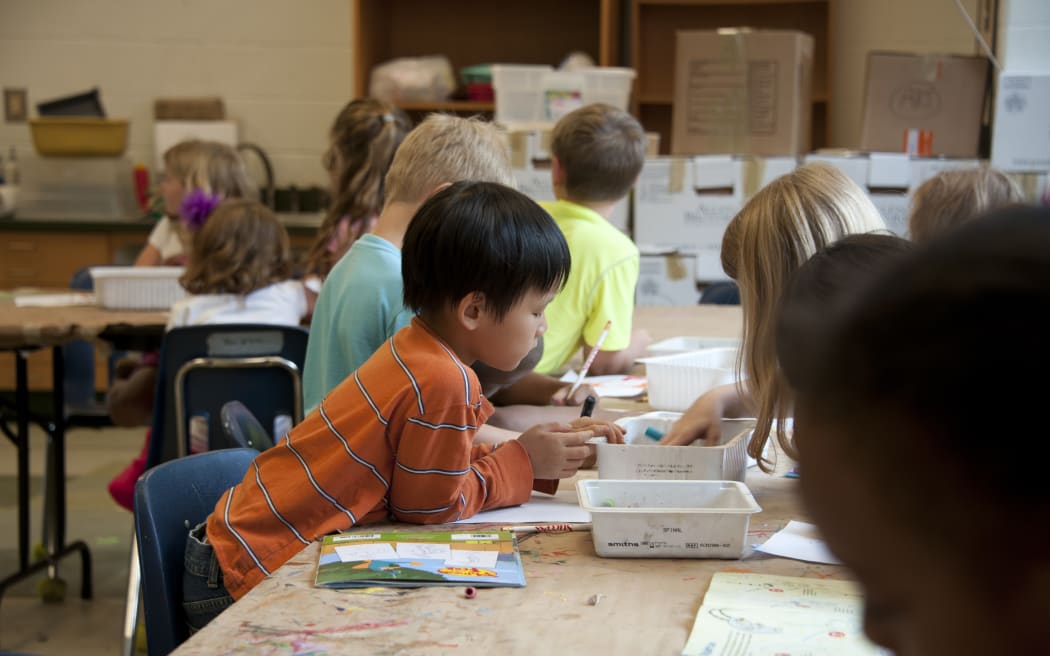Elections for school boards of trustees get underway next week. But what do we know about the job they do and the role they play in our communities?

Photo: Unsplash
It's time for the triennial election that's been described as "one of the most significant democratic processes in New Zealand".
We're talking about voting for the country's 2500 school boards of trustees.
The Detail looks at what a board of trustees does, how much influence it has over a school and why, this year, there is some unease about candidates who may have other agendas.
That includes white supremacist Philip Arps, who's put his name forward at a Christchurch college.
New Zealand Principals Federation president Cherie Taylor-Patel says the role of school boards is governance, not management.
"They're there to make sure the school is meeting all the legislative requirements expected of them by the Ministry and the government," she says.
They're also the school's connection with the community, and that part of the job has increased since the pandemic - schools had to find out more about their pupils' lives so they could learn from home.
Being on a school board of trustees isn't going to make you rich - there's a small meeting stipend which many members donate back to the school.
And it's not one for those helicopter parents who want to make sure their kid is getting the best deal possible. You also don't have to be a parent to get a seat.
Taylor-Patel says there can be inequities between schools and socio-economic regions with the mix of people who end up on boards.
However in those cases, help is at hand.
The School Trustees Association will sweep in with courses and training to get everyone up to speed.
"You work with who you have," she says.
"Everyone has the right to stand to be on a board, and people do. What happens then though is that the Trustees Association and the principal work on developing the knowledge and skill sets that a board needs.
"Sometimes you have a board and everyone's got all that information and knowledge and background in spades before you start; and other people need to do that work once people are elected."
In some cases schools will choose to have a commissioner from the Ministry of Education to oversee the board so it's better supported.
The elections are something many people will have never taken part in - even if they do have, or have had, school-age children - because about a third of schools have just enough (or not enough) candidates for the available seats.
Jonathan Moffat is the chair of the board at Broadgreen Intermediate School in Nelson - he's stepping down this year after a term and a half.
He was shoulder-tapped by the principal while on a school trip and asked to fill a vacancy. Shortly afterwards he got the chair's job, and guided the school board through the pandemic.
He's married into a teaching family, but crucially for an intermediate school, he had three children coming through the system so he was more likely to see out his term.
"Generally I'm a pretty diplomatic person," he says when asked what skills qualify him.
"I listen, I like to consider different approaches, different viewpoints, and try to get things moving...in a solution-focused approach."
He's also worked in local government for a long time so understands the governance environment - and says it's not well understood that that's what the job is all about.
"The role has really enabled me to see what the school does beyond education," he says.
"There's so much more involved."
Voting this year gets underway on September 5.
Find out how to listen and subscribe to The Detail here.
You can also stay up-to-date by liking us on Facebook or following us on Twitter.

Photo:


